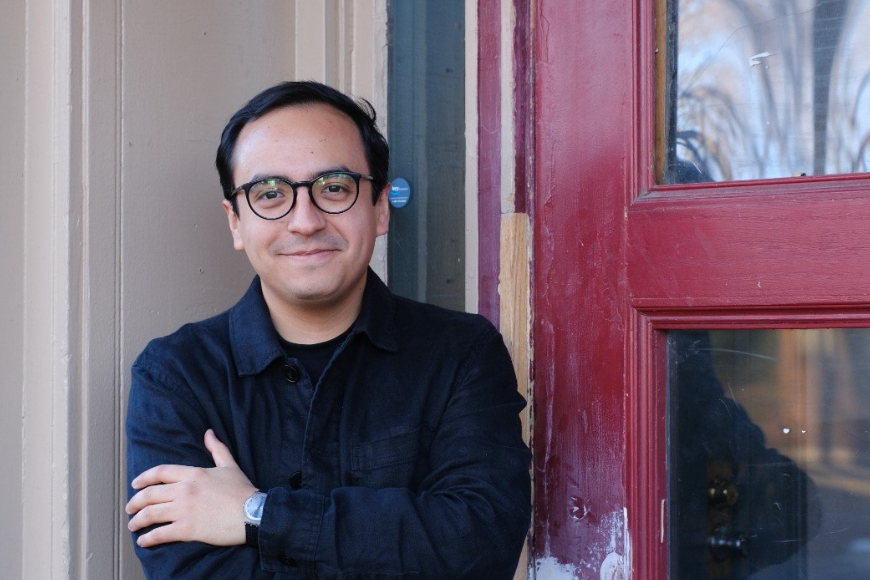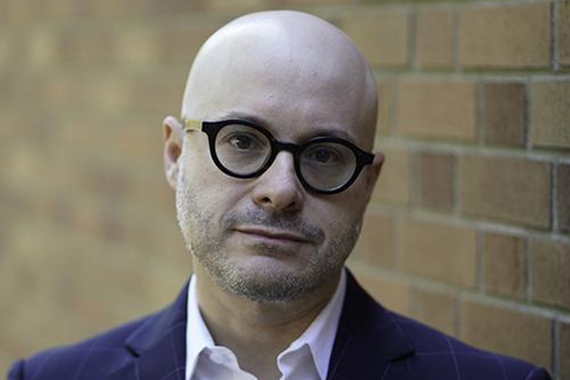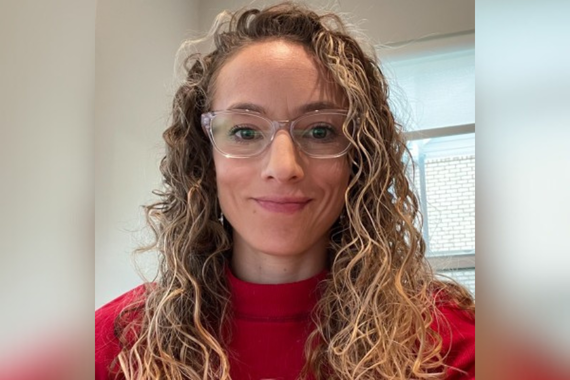Community & Care: Central Elements to Fulfilling PhD Experience
Ricardo Jasso is a second-year PhD student in the Department of Political Science studying International Relations and Comparative Politics. He is interested in studying the force and the instrumentalization of anarchy in power politics. Before joining the University of Minnesota, he was a researcher of international politics at the Diplomatic Academy of Mexico (Instituto Matías Romero) for a couple of years. Ricardo completed his undergraduate degree (“licenciatura”) at El Colegio de México, a research institute specializing in the social sciences and the humanities in his hometown, Mexico City. He studied at Harvard University’s Graduate School of Arts and Sciences as a visiting student for one semester. He later earned a master’s in social sciences with a concentration in political science at The University of Chicago.
What has your experience in the program been like?
I’ve had a great and lovely experience in the program. I’ve had the joy of becoming part of a community of amazing, caring, kind, and lovely people who, on top of that, are also brilliant, creative, curious, and always brave. Every day, I feel energized by their spirit, supported by their kindness, and inspired by their minds and their hearts. The program and, crucially, the people that I have met in it have helped me mature as a person and also as a scholar.
What are you currently working on? What do you hope to achieve while in the program?
After two years, I am finishing my coursework and getting ready for the preliminary exams. I am also working on my own research with the idea of starting to publish it in the near future. I presented a paper on the interaction between empire and anarchy and the end of the American invasion of Mexico in 1848 this April in San Francisco. I am also working as a teaching assistant, which is always a challenging but lovely experience, and as a research assistant for a project on exceptionalism in international politics with Professor Ron Krebs.
How are you involved at UMN? How have you been able to find community as a graduate student?
Before joining the program, I was a little afraid from hearing stories of the terrible experiences of loneliness and hostility that people go through during their PhD years. I am very lucky that I have never experienced that during these two years of PhD life; I have been very happy in Minnesota. My colleagues in the program have become dear friends of mine—they have helped and cared for me through the rough patches that life has beyond the academic career. They are always happy to talk about academia, but also about life, and they always remind me that I am part of our community. As my cohort and I have met people inside and outside of the department across these two years at the University, our social circles have broadened, and our community of friends has become bigger.
What experiences and opportunities have you had in the program?
My professors in the department have always been very kind to me and have always cared about my work and my growth as a scholar. My advisor, Professor Nisha Fazal, constantly checks in with me to see how I am doing with school and life, to ask if I need any help, to talk about ideas and projects, and to guide me in this process of doing a PhD. This semester I have had the opportunity to do research with Professor Ron Krebs and learn with him. The department has also been very generous in sponsoring my participation at the International Studies Association conference this year in San Francisco to present one of my papers. My time here in the department has simply been great.
What have been some of the biggest challenges you have endured as a graduate student? How have you overcome those challenges?
The biggest challenge for me as a graduate student has been dealing with life beyond academia while being in a very demanding academic and work setting. Life certainly doesn’t stop while you are doing a PhD, and you need to manage to go through the cycles and the eventualities of life while trying to keep your focus and your spirit high to be able to do your best academic work. My family in Mexico, my friends in the department and back home—and also those spread across the world—and my professors have been my greatest help.
What are some of the greatest skills you have learned as a graduate student?
I have realized once more the importance of keeping a daily routine of hard and focused work but also of relaxation and happiness—if we don’t make time for ourselves, we risk becoming little by little less happy, less deep, less interested and interesting, less engaged with life, less ourselves.
How have you evolved as a scholar? What has helped you grow?
I like to think that my time in Minnesota has helped me to think in more complex ways. The vibrant intellectual diversity of the department has made me question ideas that I used to hold as evident and has encouraged me to think in more creative ways about the world. Also, the classes that I have taken and my daily interactions with my colleagues and professors have broadened my knowledge and my perspective on the political and the work of the scholar.
Do you have any advice for prospective and/or current graduate students?
Back home, we say that “family and friends come first”—this would be my advice. The love, the reassurance, and the strength that we find in them—in our community—is what sustains us through the tough times of PhD life and what will remain at the end of those years.


